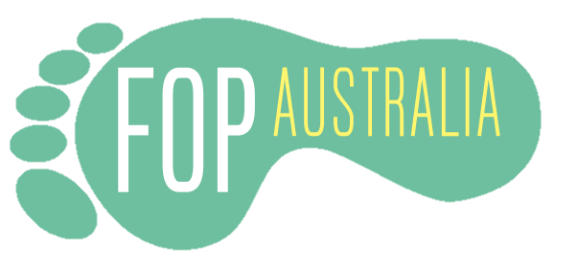FOP does not usually affect the person’s intelligence or cognitive capacity, so all children with FOP can go to regular educational settings. The only reason a student would attend a Special School is if they also had an intellectual disability and that was the preferred choice of the parent. The school a child with FOP attends would be required to make reasonable adjustments to ensure the successful participation and inclusion of that child. This would include provision of an accessible campus, assistance with specialised equipment, technology and teacher aide assistance if required.
The national Disability Standards for Education 2005 seek to ensure that students with disability are able to access and participate in education and training free from discrimination and on the same basis as other students.
The standards clarify the obligations of education and training service providers, and the rights of people with disability, under the Disability Discrimination Act 1992. The standards also state the obligations of education and training providers for students with disability. Providers must make reasonable adjustments to accommodate a student with disability, except in instances when this would impose unjustifiable hardship on a person or organisation.
The Inclusion Support Program assists child care services to include children with additional needs in child care.
Information on the types of child care, fee assistance and links to other useful websites about children’s health and well-being, parenting and family support services can be found on the following website.
For more information on the subject of FOP & School, and ideas on possible adaptations, please refer to previous section with link to resources.
Each State and Territory is responsible for education and further information can be obtained from the list of contacts provided.
- Queensland
- New South Wales
- Australian Capital Territory
- Victoria
- Tasmania
- South Australia
- Western Australia
- Northern Territory
The Raising Children Network site offers parenting information and a network of support and services including a specific site for children with special needs.
Hippy Australia is a home intervention program consisting of a home based parenting and early childhood enrichment program. It targets families with young children, building on strengths and empowers parents to take active roles.
Stepfamilies Australia is a national peak body working with a network of state stepfamily groups and community service providers to strengthen stepfamilies across Australia, through providing quality information, family support services, practitioner training, research and advocacy.
Tresillian offers services to parents in the early years to help them gain confidence in their own parenting abilities which includes a parent’s help line, outreach service, day stay where parents can visit with their baby and a child care service.
Red Cross Family Support Program provides support services to assist families and carers to care for young children up to the age of 8 years. The program also focuses on strengthening relationships between families, schools and their community.
Assistance with transport can be provided to school students with a disability.
- Queensland
- New South Wales (1) and (2)
- Victoria
- Tasmania
- WesternAustralia (1) and (2)
- Northern Territory
- South Australia
